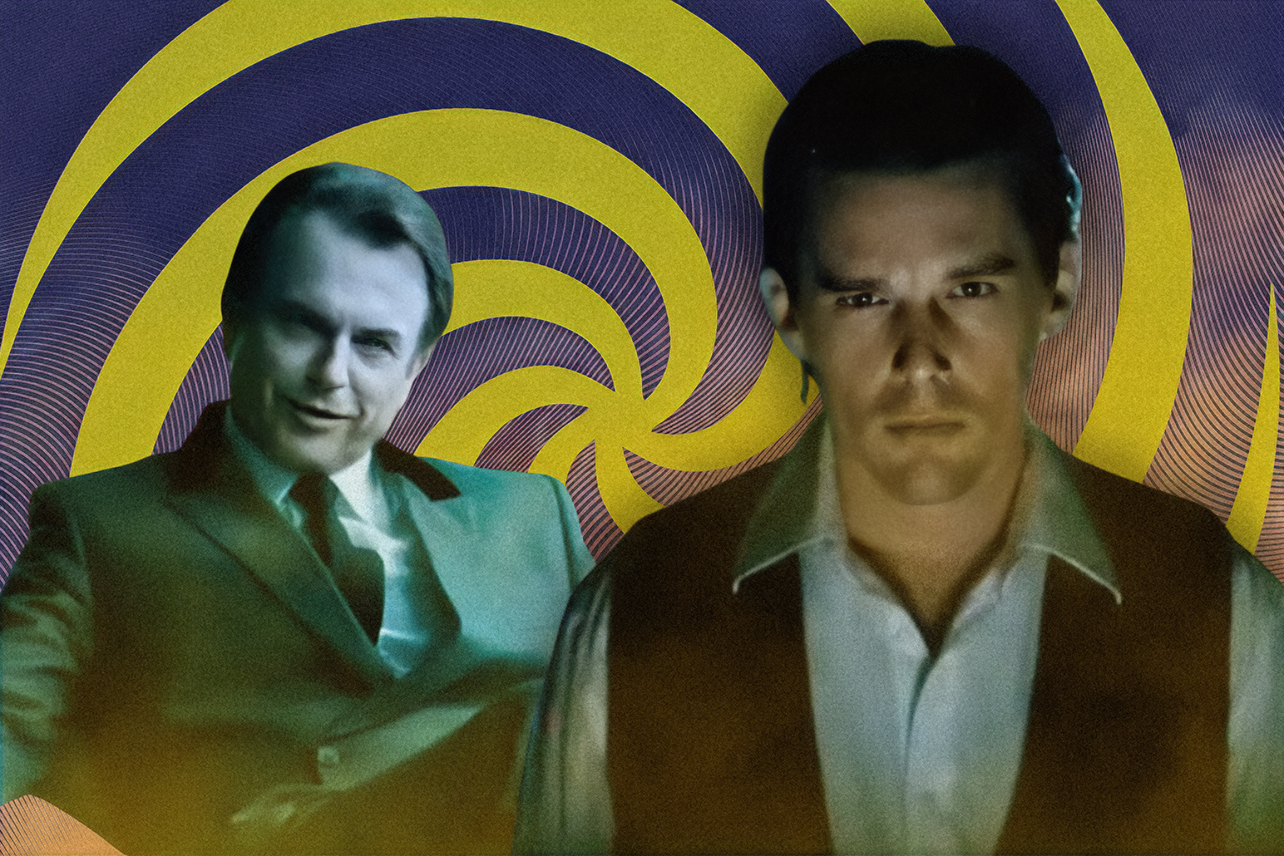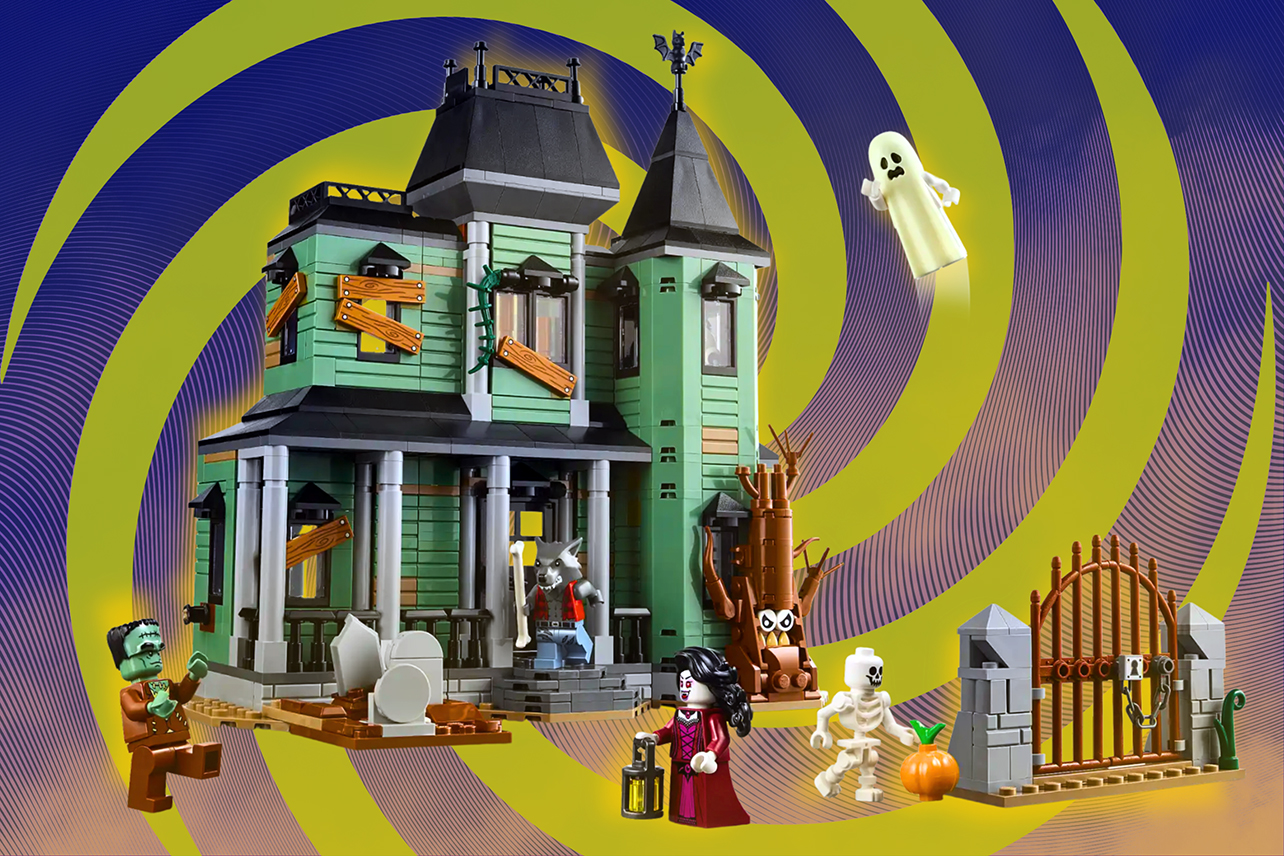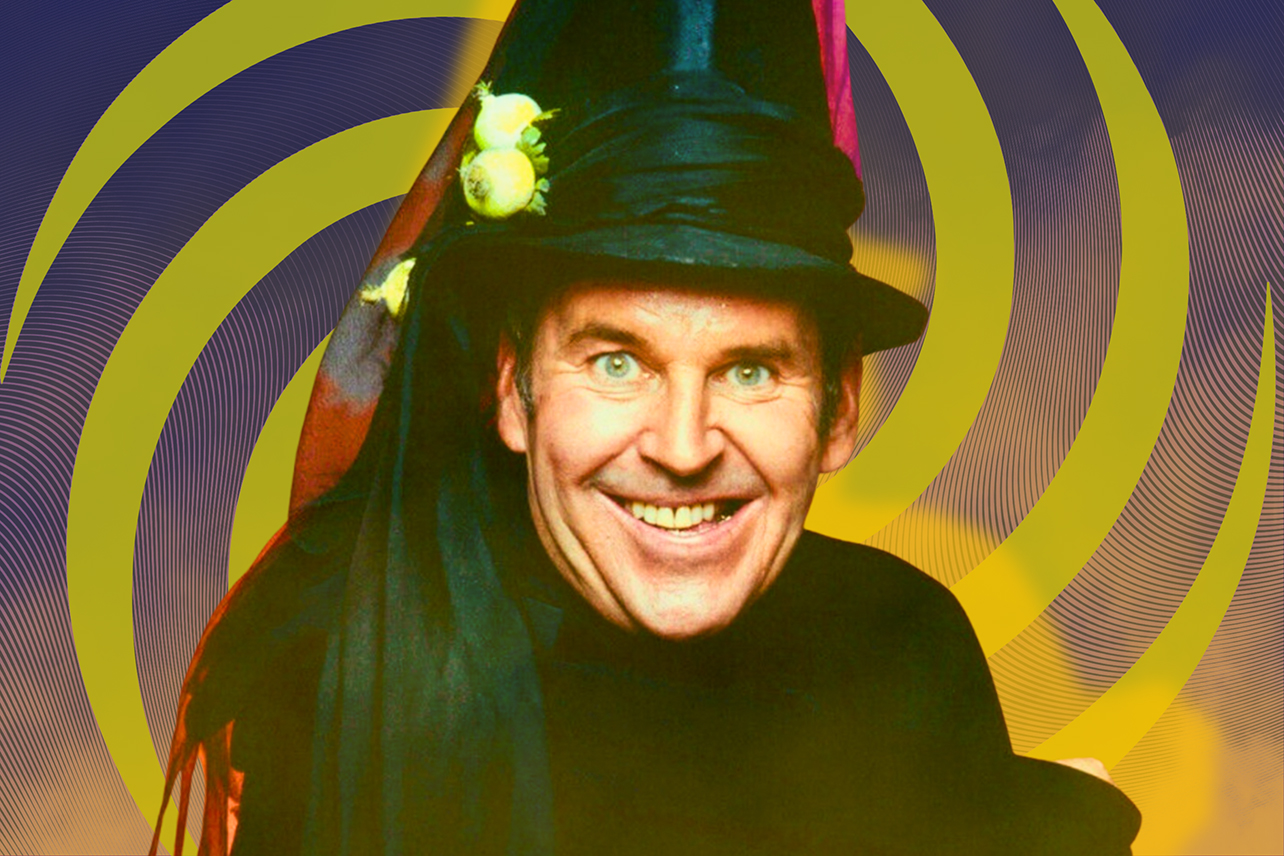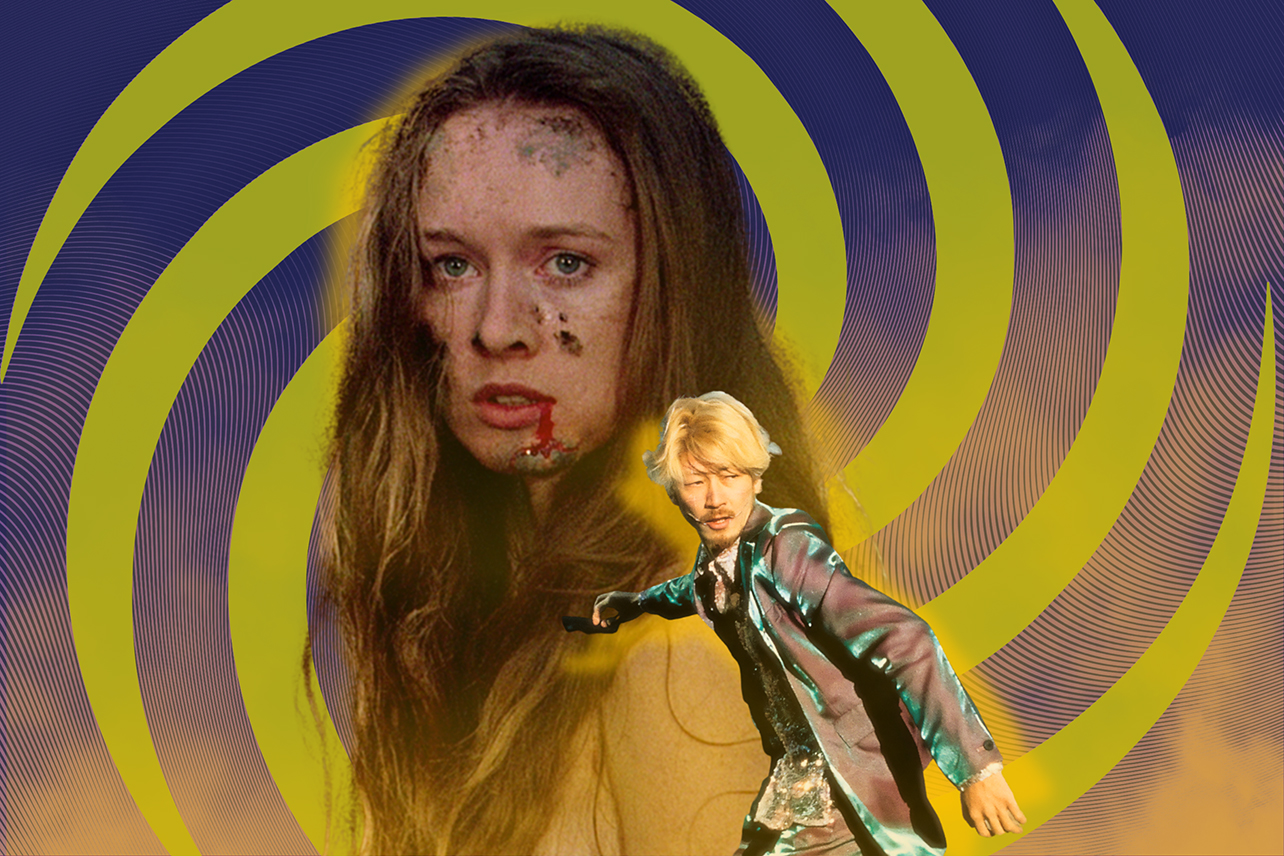On the year of its 15th anniversary and the occasion of its latest 4K re-release, let's all come together as one and declare that the brothers Spierig were right about everything: they predicted the COVID-19 pandemic, the occupation of our urban spaces by military forces, and ratcheting reckless corporate greed at the expense of moral good. One need not be Nostradamus to make the right call on the last one, because C-level billionaires will always look out for the 1% first and the other 99% an excruciatingly distant second; between class and highly communicable pathogens, the first constitutes a greater public health hazard by far.
Daybreakers, the brothers' second feature, is consequently a tad on the nose in regards to its messaging, but there is a time for subtlety and there is a time for a post-apocalypse vampire film that makes no effort at divorcing subtext from text and also climaxes with orgiastic cannibal bloodletting; 2010, the year the movie received its commercial release (following its world premiere at TIFF in 2009), was a time for the latter. Funny enough, 2025 is also that time, because money-hoarding suit types don't change, especially when presidential power not only tells them they're perfect just the way they are, but actively incentivizes them to stay the same. No matter the era, no matter the place, people like Charles Bromely (Sam Neill), Daybreakers' antagonist, will always prioritize profit over people while stockpiling power.
We live in the real world, where the Bromleys enjoy unchecked privilege and maintain a broadly unchecked reign over mankind's destiny—a pretty way of acknowledging that the world is burning and the rich have replaced fire extinguishers with gas canisters. No one is coming to save the day. But Daybreakers gives us the gift of vengeful wish fulfillment, via one of the great horror movie kills of the 2010s. Charles Bromley is rent limb from limb by a handful of starving vampire soldiers assigned to protect his company, Bromley Marks. In a glorious sequence of grand guignol excess, cinematographer Ben Nott moves his camera in a slow vertical rotation so that the audience gets to witness the carnage in an overhead shot. Nothing about Bromley's death fixes anything, of course. His damage is done. But damn if the scene doesn't look like genre cinema justice all the same.
Daybreakers isn't exactly an optimistic film, in the sense that the ending leaves the human race's perpetuation in lingering doubt with a cruel sprinkle of hope on top: vampire scientist Ed (Ethan Hawke), a sad goth nerd who happens to be hot in a greasy, unkempt way, has discovered a cure for vampirism with the help of Elvis (Willem Dafoe), an ex-vampire who keeps his quiver as full of crossbow bolts as colorful down-home idioms (and who is also hot, in an avuncular drug addict way), and Audrey (Claudia Karvan), who the Spierigs forgot to flesh out as a character (and who, surprise, likewise happens to be hot, in a casually effortless Aussie way); but all of their allies are dead, each of them is tired and soaked with blood, and they're starting from square one finding human survivors in the Californian wasteland. (Anonymous as the setting is, its rural backdrops signal "California wine country.")
On the other hand, when the world is on the precipice of going kaput, what should one expect "optimism" and "hope" to look like? The film imagines a society discarding its better angels because when everyone is starving and there isn't enough to go around, doing the right thing slowly grows impossible as well as inadvisable. Here, people descend on each other in feeding frenzies just for an extra shot of blood in their morning coffee. (It's strangely reassuring that even a vampire needs a caffeine boost to start their day night, which just cuts back to how grim the plot's outlook is.) Here, every attempt at manufacturing a solution, like the blood substitute Ed tests out early in the film with his colleague Chris (Vince Colosimo), causes subjects to break out in angry boils and their heads to explode. In retrospect, that's a reason to feel lucky. The COVID-19 vaccines did their job and also did not explode any heads.
Thinking about Daybreakers in parallel to the coronavirus outbreak is so natural when revisiting the film that it's hard not to think of the Spierigs' work here as prophetic; that feeling grows in consideration of more recent events involving tanks and troops loitering in major metropolitan areas. No movie is a crystal ball on purpose, but by happy, weird accidents instead. Thinking of the brothers' career in context with the movie's 15th birthday is the worthier pursuit. How did Hollywood do these guys so dirty? After their follow-up to Daybreakers, 2014's Predestination (also starring Hawke, and future Succession star Sarah Snook), the Spierigs took a gig on the ill-fated Jigsaw, one of the worst received movies in the Saw series and the third worst performing of the lot; their next project, 2018's Winchester, fared comparatively better at the box office but likewise took a beating by critics. And since then? Bupkis.
This is terribly unfair. Horror has sustained a renaissance, or golden age, or period of peak production, or whatever the hell you want to call it, since about 2017. The Spierigs may not have influenced horror's current new wave—at least not enough to claim credit for it—but they pre-dated it with a pair of standout titles from the 2000s: Daybreakers and their feature debut, 2003's Undead. The latter film established their love of modifying shotguns in fun, silly ways: a quad-barreled gun here, a double-barreled one welded to a crossbow there. If their 2010s output lacks the same raw imagination and vision of their aughts output, they nonetheless still have imagination and vision, which studio horror is increasingly in short supply of (contrary to popular opinion). That their talents are only being re-harnessed, seven years after Winchester, for a sequel to Scott Mann's Fall feels damning for the studios.
In fairness, Fall is a trim, efficient, gnarly little chamber thriller, and conceptually slight enough that the Spierigs have room to let their imaginations go nuts. While we wait for Fall 2, though, Daybreakers is a treat. This is a reissue in new shiny packaging and not a fresh presentation, for those averse to double-dipping. But folks who don't mind dipping twice, or who haven't dipped even once yet, could use a reminder about who the Spierigs are and what creative grounds they sprang from. Part cheesy monster B-movie and part sociopolitical protest, the film is the pinnacle of their talents.






